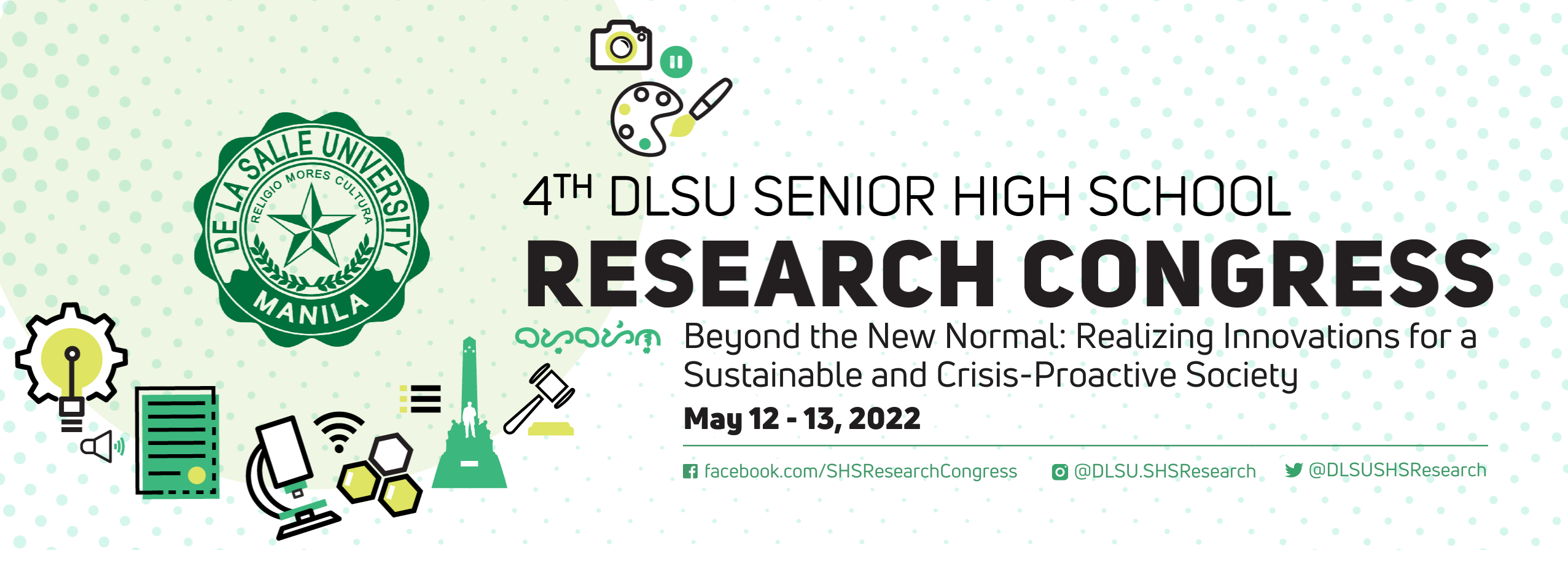Document Types
Paper Presentation
Research Theme (for Paper Presentation and Poster Presentation submissions only)
Gender, Human Development, and the Individual (GHI)
Research Advisor (Last Name, First Name, Middle Initial)
Gerald L. Latayan
Start Date
12-5-2022 1:00 PM
End Date
12-5-2022 3:00 PM
Abstract/Executive Summary
Non-binary identities have been a long part of our history (Abrams, 2019). In Philippine history, babylan are proof that there was a time when Filipinos valued gender-nonconforming individuals in pre-colonial society (Limos, 2019). Despite this, gender identities outside of the binary spectrum are not common knowledge among the Filipino people in present time—this results in limited academic literature about non-binary Filipino individuals. Thus, this paper attempts to contribute to pre-existing literature by studying the lived experiences of young non-binary Filipinos living in Philippine society. Following a phenomenological approach, purposive sampling was utilized in picking the participants of the study who were interviewed using the method of pakikipagkwentuhan. The transcriptions of the interviews were then analyzed using the thematic model of narrative analysis. Findings revealed that most non-binary Filipinos struggle to learn about and to be recognized as their gender identity due to the lack of Filipino perspectives on non-binary concepts. This, along with conservative beliefs, is the cause of discrimination and hardship that these individuals have to face in their country.
Keywords
philippine narratives; gender identity; queer study; non-binary; pakikipagkwentuhan
Kwento Nila: The Lived Experiences of Young Non-Binary Filipinos Living in Philippine Society
Non-binary identities have been a long part of our history (Abrams, 2019). In Philippine history, babylan are proof that there was a time when Filipinos valued gender-nonconforming individuals in pre-colonial society (Limos, 2019). Despite this, gender identities outside of the binary spectrum are not common knowledge among the Filipino people in present time—this results in limited academic literature about non-binary Filipino individuals. Thus, this paper attempts to contribute to pre-existing literature by studying the lived experiences of young non-binary Filipinos living in Philippine society. Following a phenomenological approach, purposive sampling was utilized in picking the participants of the study who were interviewed using the method of pakikipagkwentuhan. The transcriptions of the interviews were then analyzed using the thematic model of narrative analysis. Findings revealed that most non-binary Filipinos struggle to learn about and to be recognized as their gender identity due to the lack of Filipino perspectives on non-binary concepts. This, along with conservative beliefs, is the cause of discrimination and hardship that these individuals have to face in their country.


